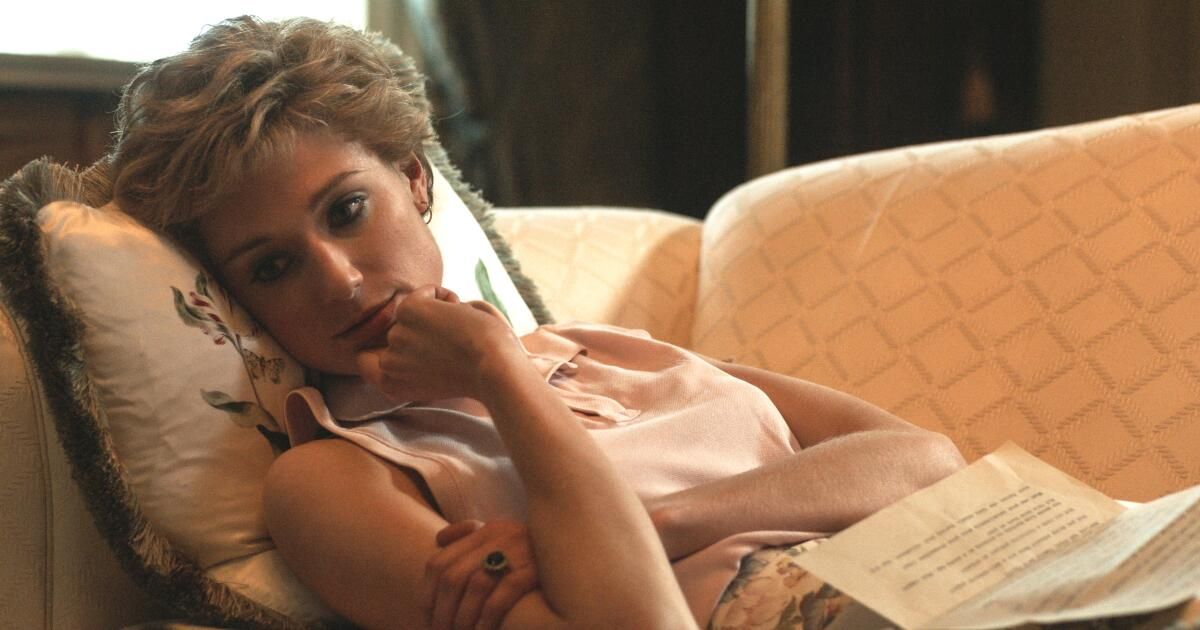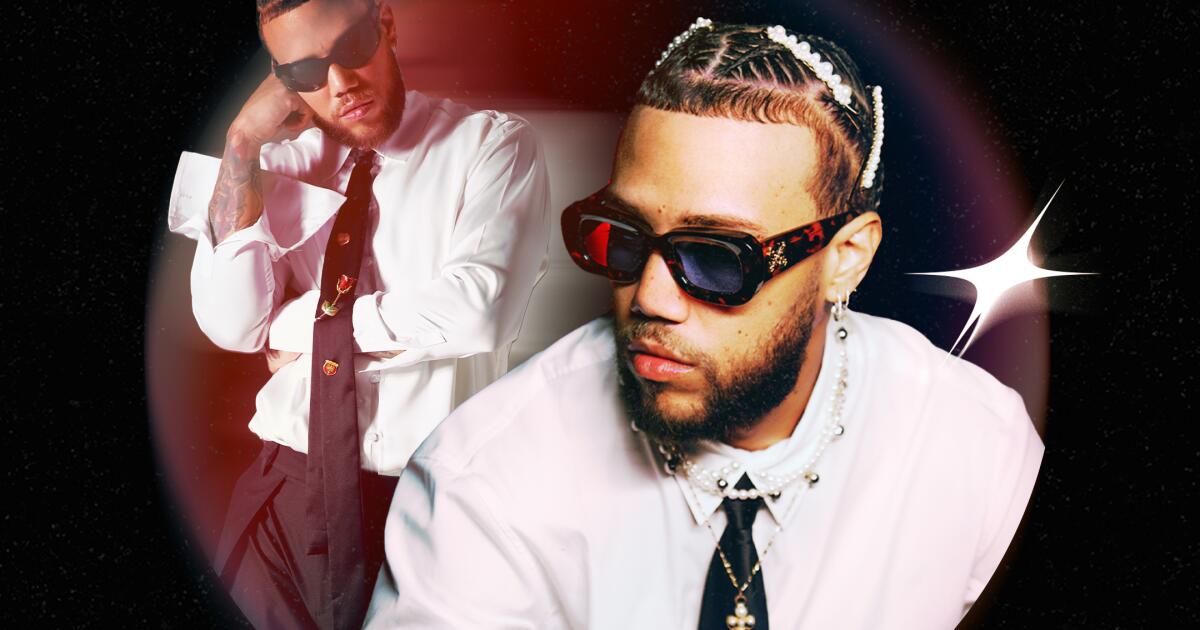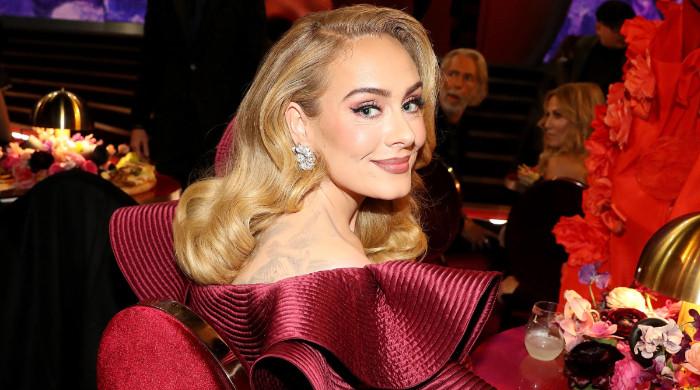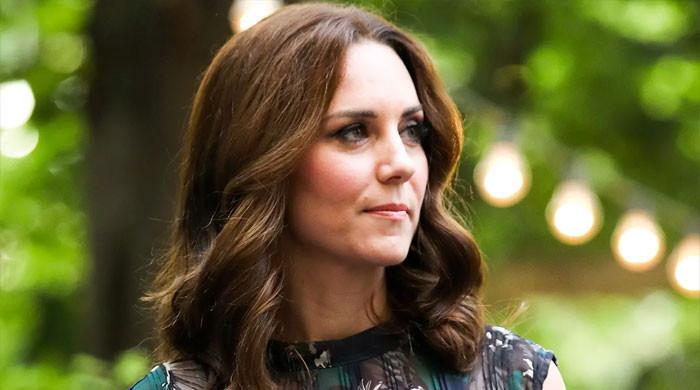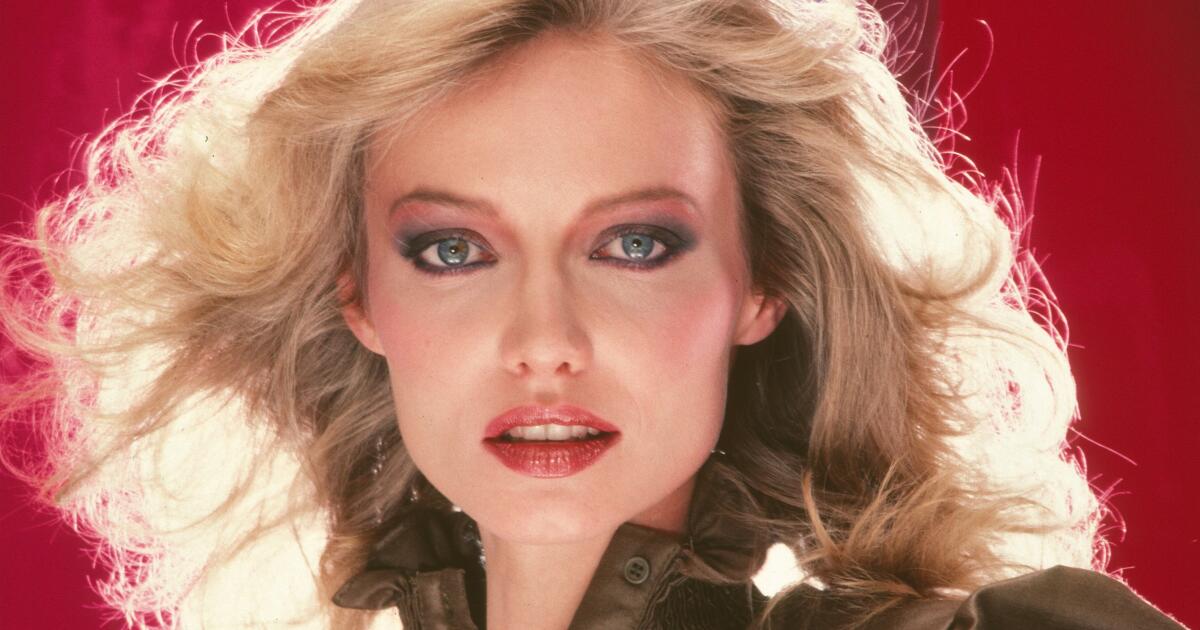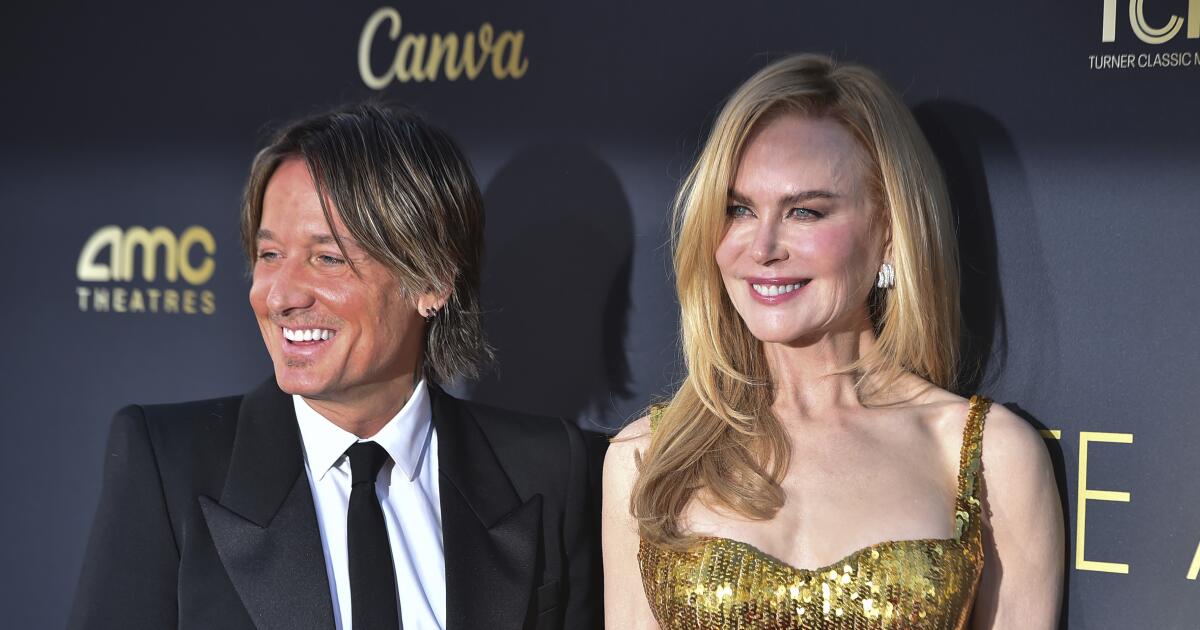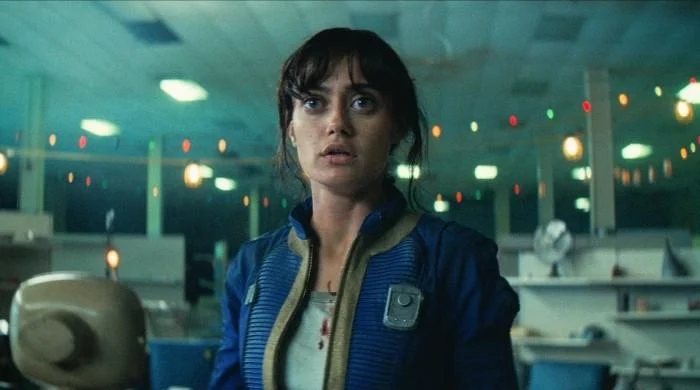Playing an international icon with complete authenticity can be a daunting task. But Elizabeth Debicki's portrayal of Diana, Princess of Wales, in seasons 5 and 6 of “The Crown” (following Emma Corrin's turn as the younger Diana in season 4) turned out to be a flawless recreation of life in rollercoaster of the unfortunate icon. from 1990 to 1997.
Paris-born, Australian-raised Debicki, who received an Emmy nomination and a Golden Globe for her performance, recently spoke from London via Zoom about inhabiting one of the world's most revered and influential role models.
Script and actual events aside, how did you prepare for Diana's transition from season 5 to season 6?
A lot had changed between the two seasons; My approach had changed significantly. [At the end of Season 5], I was a very tired Diana and I had a lot of sadness inside me. But my experience as an actor within the work in season 6 was much more fruitful in some ways, as I was able to find more and trust it more. [Showrunner Peter Morgan] He told me a long time ago, “I think the experience on 'The Crown' is that everyone has a great time in its second season because they're basically not as scared anymore.”
How do you approach the role of such a beloved real-life figure? There's a lot more at stake, right?
Typically, as an actor, when you read a script and create a character, you are the authority over that person. This was lending parts of myself to try to imbue Peter's version of her with the things I personally felt I could sense from this person after a lot of research and conversations with people.
It was kind of a multi-layered experience, as much of “The Crown” actually is: you're inside it but you're also observing it in a pretty unique way. For me it was essential that there was more joy and more lightness and a real intention to release some of what you had already seen the character go through. Trying to find fresh air, trying to find a new connection with people and letting that fill a very empty cup.
Through your performance, what did you feel was your responsibility toward Diana's memory?
Much of my research at first involved looking at images of the real Princess Diana. I found her so fascinating, so funny, sharp, human and moving. That's why people's interactions with her were so moving and stayed with them throughout her life: they felt like they had come into contact with not just a princess but a real human being. I felt like if I could come close to giving a version of that to the audience, then that was my responsibility.
What did you discover about Diana from playing her that you never knew or maybe even imagined?
The origin of his behaviors surprised me. Aside from that real sense of humor, [there was] its self-awareness and ingenuity and a true willingness to attract joy into your life when, in fact, you are part of a system that can impose [the rules]. She found the forms of resistance she created [are] type of radical. She actually marched to her own beat most of the time and that was very brave. I don't think she really realized the forces that were against her doing much of that.

